Mark Walker, chief executive at public affairs company Cogitamus reveals why rail will be pushed to the fore at Westminster, ahead of the General Election.
For the first time that I can remember, the centrepiece of the speech by the serving Prime Minister to his party conference last autumn concerned a railway - HS2. Moreover, even though the delivery of that speech related to the cancellation of the unstarted sections of this hitherto flagship project, Rishi Sunak was still required to balance this news with the publication of a compensatory list of transport schemes (mostly rail-related) packaged up as ‘Network North’.
Rail reform’s abysmal failure and the prominence of infrastructure investment decisions highlights the paradox in the attitudes of the UK’s political leaders and the wider public to our railways.
Despite all the controversy over the desirability (or otherwise) of its line speed, the volume of land take, and its perceived negative environmental impact, HS2 as a once-in-a-generation prestige scheme might have come to define Britain in the new Carolean age, much as Concorde did for the new Elizabethans. In truth, the project never won that battle for hearts and minds.
But conversely, the list of rail and other transport projects bundled into Network North boosts deeply yearned-for schemes sought by communities (in some cases) over many decades, such as electrification, junction improvements, new stations, and reversals of Beeching-era closures.
Pressure for investment
While Scotland enjoys almost complete devolution of rail powers, with Holyrood controlling two franchises and setting its own budgetary framework for infrastructure renewals and enhancements, Wales has only secured the first of these components through the Wales & Borders franchise.
The Welsh Government is increasingly pressing the UK administration for additional main line rail infrastructure investment west of the border, as this is still controlled by the DfT on an England & Wales basis.
Whereas Scotland and Northern Ireland received what are known as ‘Barnett Consequentials’ from the UK Government’s expenditure on HS2 (essentially extra money to spend as they wish), Wales was denied such funding by what many even in the Conservative Party regard as a sleight of hand, as HS2 was said to bring direct benefits there.
In England’s city regions, with their ever-increasing number of directly elected Combined Authority Metro Mayors, pressure will be exerted on the UK government to provide additional investment resources for expansion of local rail networks. Such energy was already being mobilised following the curtailment of the eastern leg of HS2 in the Integrated Rail Plan of November 2021, when West Yorkshire and South Yorkshire lost their promised direct high-speed connections.
Rail to the fore?
The East Midlands will hold its first Metro Mayor election in May 2024. With Derby hosting the heartland of the UK’s rail supply chain business which stands to lose most from the curtailment of HS2, and with East Midlands Airport no longer to be served by high-speed trains, we can expect to see the Prime Minister’s actions featuring in this region’s mayoral campaign.
Metro Mayors have come to realise (just as the first Mayor of London did almost a quarter of a century ago) that heavy rail networks are priceless assets as they seek to bring investment, employment and prosperity throughout their territories, while avoiding generating unsustainable levels of road traffic with intolerable levels of congestion and air pollution.
The present UK government trumpets the funds it has already released to some of these authorities through bids into competitive funding pots, but the seeming liberation of £36 billion of HS2 funding will only serve to increase the expectations of regional mayors and other local authority leaders. And with the majority of mayoralties in the hands of the Labour Party, there is an expectation on Sir Keir Starmer and his shadow ministerial team to make promises on the possible restoration of HS2 and investment in rail more widely.
These pressures are interwoven with the Labour Party endeavouring to work out how to implement its commitment to restore all of the remaining privately operated rail franchises to the public sector as their contracts end, along with developing a response to the Williams-Shapps Plan for Rail and its Great British Railways proposition.
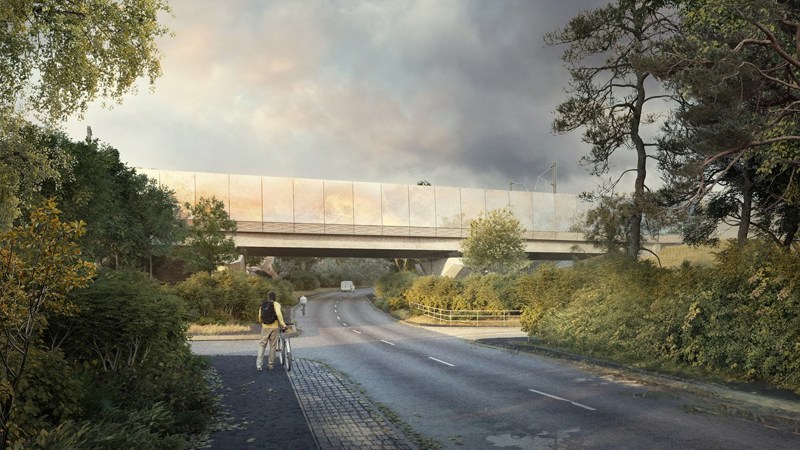
As HS2 asks the local community to vote on the design of Balsall Common Viaduct, soon it will be the turn of voters to decide upon the policies of the next government...
Decisions required
Labour will not, in my opinion, be able to stay silent on rail. Although it has made pledges around the margins on improved conditions for motorists on petrol prices and insurance, it cannot simply follow the Conservatives down the path determined by the Prime Minister without losing its environmental credibility. Also, even in a post-COVID Britain, there are still plenty of people in the South and elsewhere using the train to commute and for business travel, as well as increasingly large numbers of leisure and tourism customers.
Labour will have to develop and vigorously campaign on a set of proposals for public transport and active travel, with the unbeatable capacity of rail to move large numbers of people and tonnages of goods more sustainably at its heart. Far from dropping down the political agenda, the next General Election may be the one at long last where policies on transport overall - and rail, in particular - move the dial of voting.
Article first published in RAIL Review Q4, 2023.

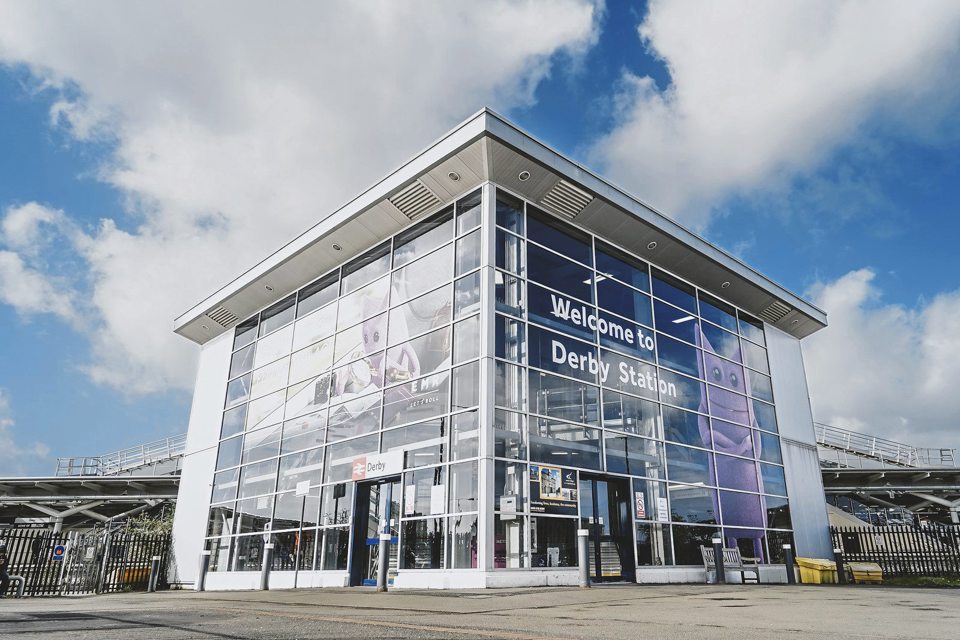
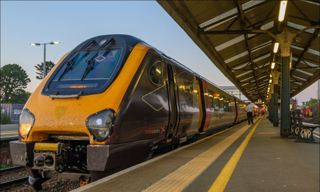
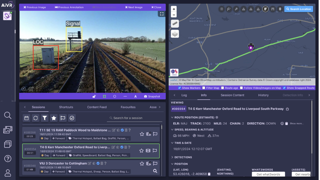
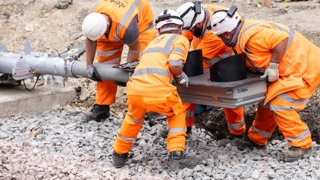
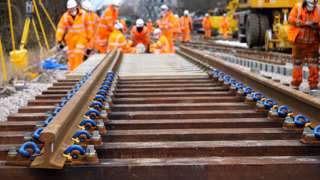










Login to comment
Comments
No comments have been made yet.